Advantages of Having Propane Generators
Take a look at the key benefits of using propane generators during the winter season.
Safety and Comfort
You cannot deny the safety and comfort propane generators provide. Unlike gasoline generators, propane generators do not produce harmful fumes, reducing the risk of carbon monoxide poisoning. This makes them safer to use in enclosed spaces. Propane generators also start easily in cold weather. This ensures that you have a reliable power source when you need it the most.
A propane generator can keep your home warm and prevent pipes from freezing. It also keeps your fridge, washing machine, and other important appliances running. You can definitely count on a propane powered generator during the winter storm when temperatures can drop significantly!
Convenience During Power Outages
Propane generators offer unmatched convenience during power outages. Propane tanks are readily available, and you can even arrange for propane delivery to ensure you never run out of fuel. By searching for “propane delivery near me,” you can find local companies that offer fast service.
Increase Home Value
If you invest in a propane generator, your house value can increase significantly. Potential buyers see the benefits of having a proper backup power source, especially in areas prone to severe winter weather. The peace of mind that comes with knowing there is a plan in place for power outages can be an important selling point. Furthermore, the installation of a propane generator can be seen as a home improvement that adds to the overall appeal and functionality of the property.
More Savings
If you think about it, having a propane generator can also result in more savings in the long term. Propane is generally less expensive than other fuels like gasoline and diesel. Additionally, propane is a clean burning fuel, which means your generator will require less maintenance and have a longer lifespan. By minimizing fuel costs and maintenance expenses, you can save money over time.
Finding “propane tank delivery near me” can also help you find cost-effective options. Many propane companies offer good pricing and delivery options that can reduce the hassle and expense of maintaining a steady fuel supply.
Availability and Reliability of Propane
Propane is a highly reliable fuel source, especially during winter storms when other fuels might be in short supply. Propane tanks and propane cylinders are easy to store. It has an indefinite shelf life, unlike gasoline, which can degrade over time. This means you can stock up on propane without worrying about it going bad.
Environment-Friendly Energy Source
Propane is an environmentally friendly energy source. It burns cleaner than gasoline and diesel. It produces fewer pollutants and greenhouse gases. This makes propane generators a greener choice for backup power. By choosing propane, you are contributing to a reduction in your carbon footprint, which is increasingly important in today’s world.
Finding Propane Companies Near You
Finding the right propane supplier is essential for ensuring a steady and reliable fuel supply. A quick search for “propane companies near me” can yield a list of local providers who offer a range of services, including propane delivery, propane tank exchange, and more.
Conclusion
Propane generators offer numerous benefits for the winter storm season. Their environmental benefits and the ease of finding propane suppliers near you make them an ideal choice for anyone looking to stay prepared and protected during winter storms.

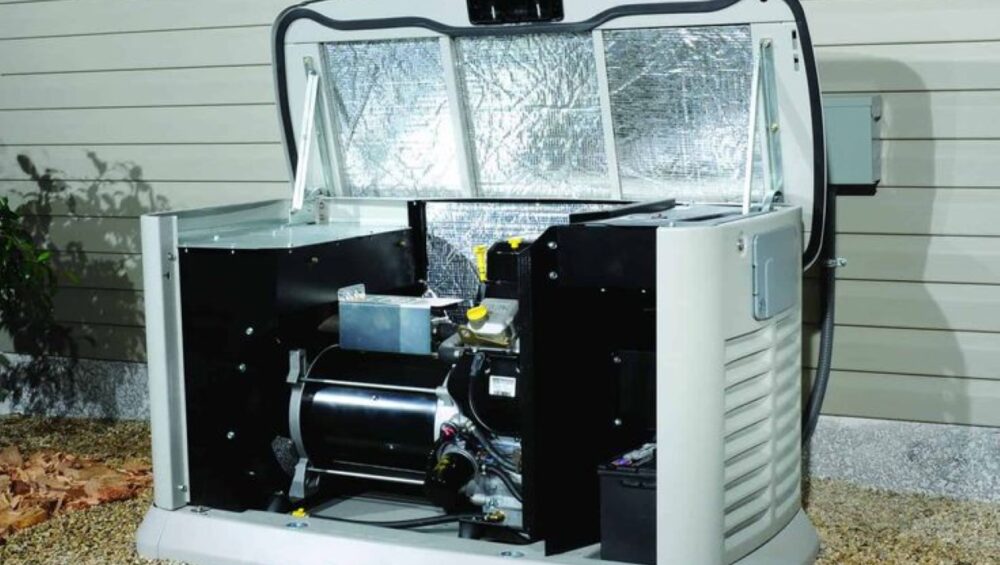
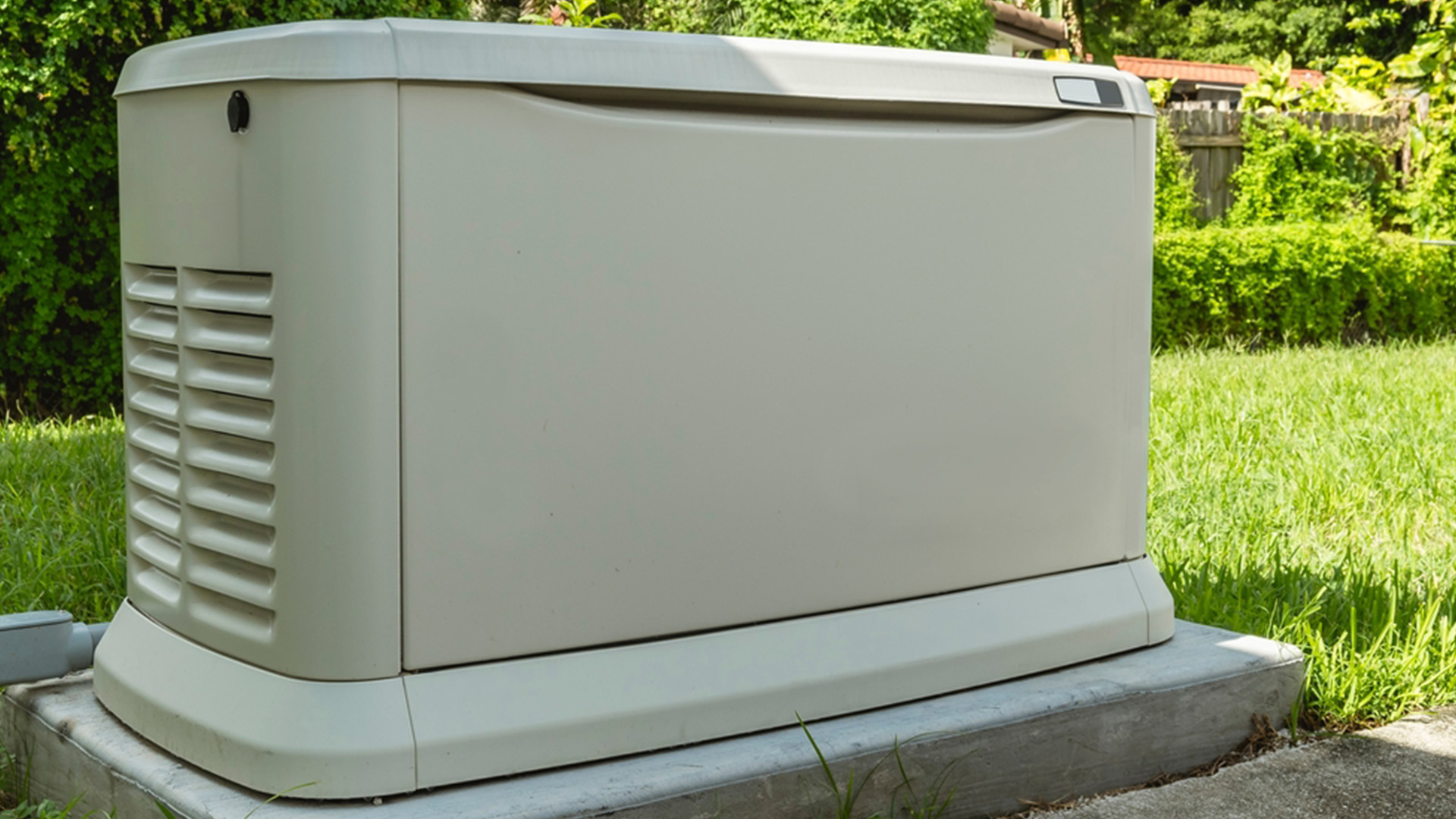
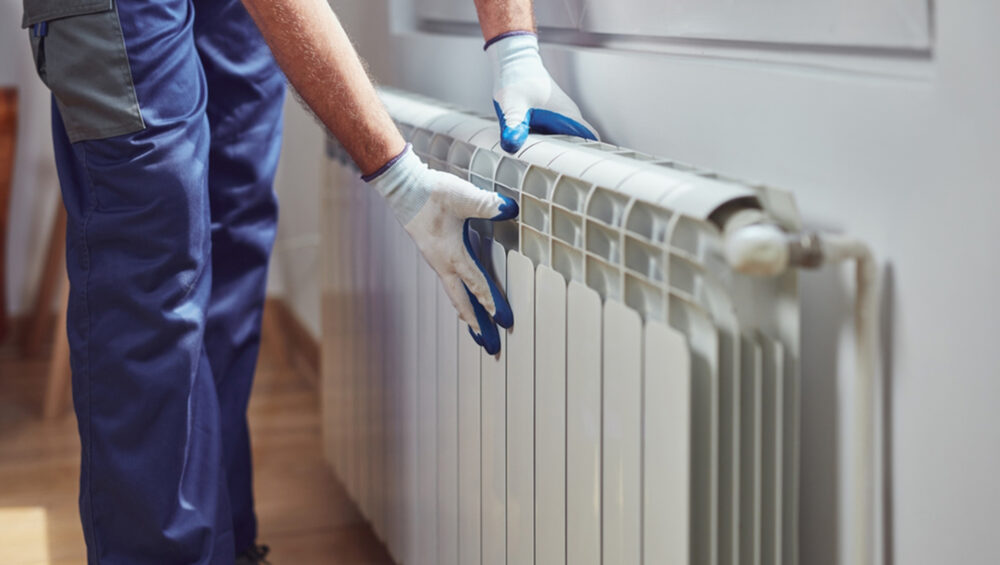

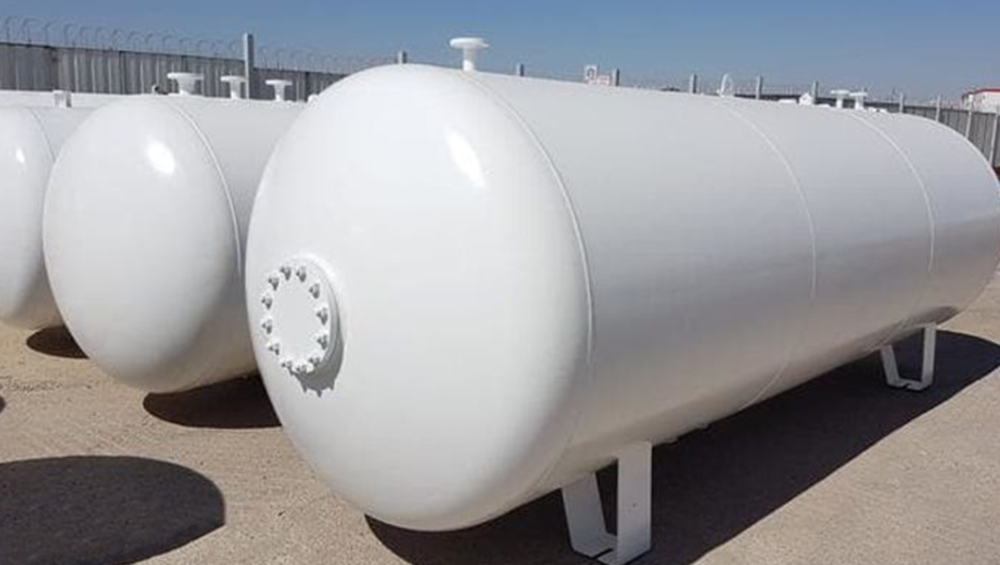
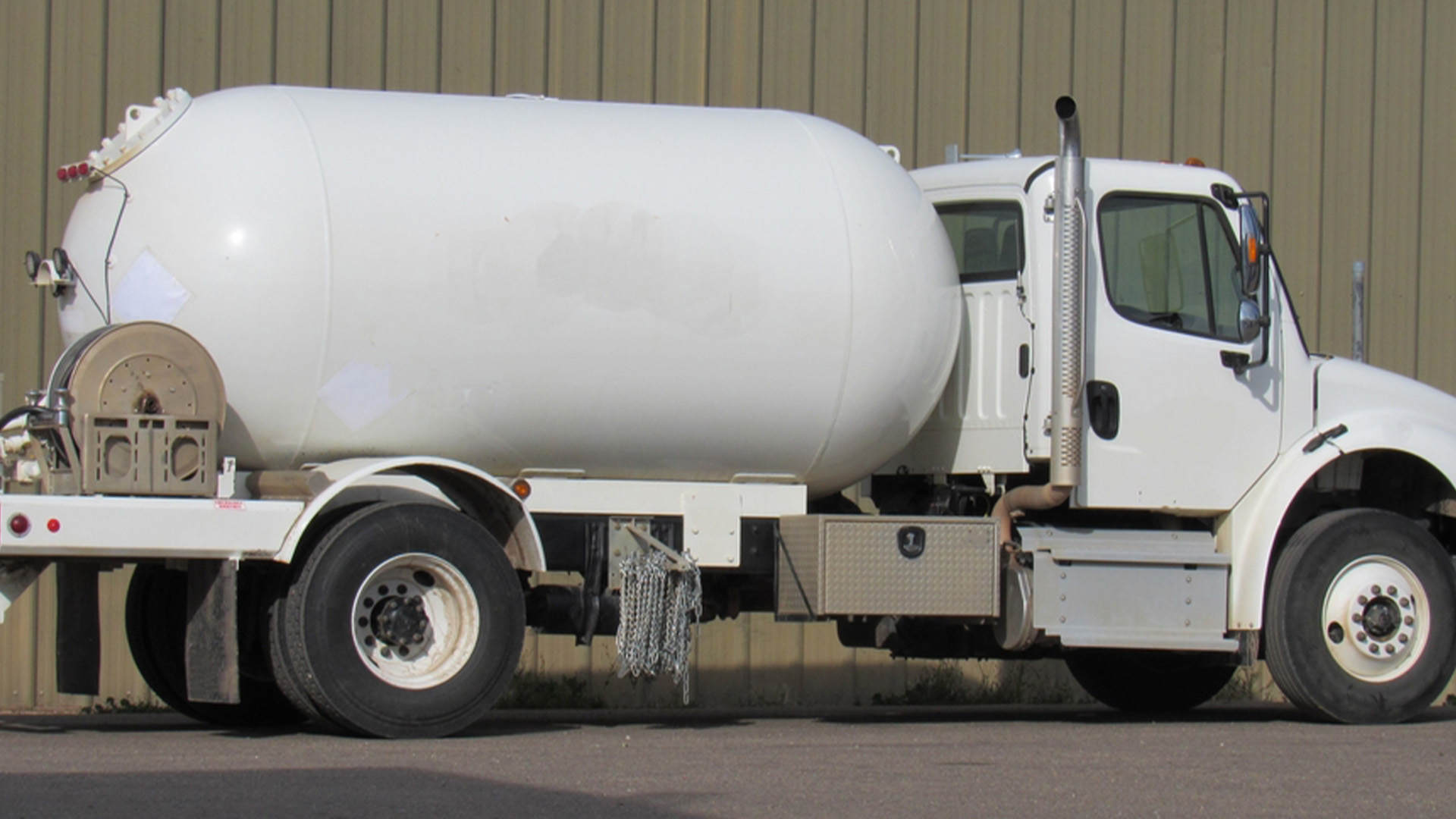 Propane Tank Selection
Propane Tank Selection


